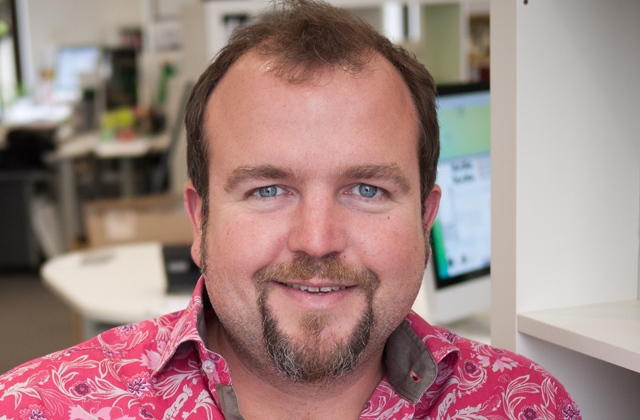One of the most recognizable quotes attributed to Charles Darwin is undoubtedly 'survival of the fittest', commonly held to mean the specimens in the best physical shape, and often attributed to aggressive, corporate underhandedness.
However, the original meaning was ‘better adapted for immediate, local environment’, a common-sense shorthand meaning that we need to be able to adjust and modify to meet the challenges of change.
Poor Jessops, they have suffered from standing still as the pace of change has overwhelmed them. The mobile phone has revolutionised so much of what we do and how we live, and with 85% of the UK population owning a mobile, that means pretty much all of us have a mobile camera too.
As the niche retailer falls into administration with the loss of 2,000 jobs, other specialist outlets would do well to take heed. Jessops did try to adapt to the many and swift changes in technology, investing heavily in digital camera technology. Unfortunately it failed to grasp the significance of the smart phone revolution and underestimated the potential of internet retail.
There are lessons here for other retailers which are especially pertinent for technology traders. It’s absolutely crucial that retailers are not over reliant on one product or service, especially anything that is at the mercy of fashion or technology.
Hard to predict, I know, but certainly, music, DVD, game and book retailers need to be alert to online competition and changes in technology.
However, being better adapted is key to all retailers and brands’ success. If we look at some of the most prominent brands today, they are unrecognizable from their early incarnations.
Famously Coca Cola started life as a medicine, but to avoid crippling taxes, it quickly shook off this tag to become a straightforward beverage. Harrods was a grocery and tea merchant at its inception, it then brilliantly changed and amended its business model to the changing times.
In 1898 it installed one of the world’s first escalators, it also established a bank and an estate agency, plus, during World War II, it temporary transformed itself from selling luxury goods to making parachutes, uniforms and parts of bombers.
Even a seemingly niche brand like Lego has had nearly a century of success because of its willingness to adapt - from broadening the product’s appeal to girls and adding wheels to its kits, to the opening of lego-themed parks, it has kept its core values while adapting to consumers’ changing needs and tastes.
Relatively new retailers have also seen flexibility and nimbleness pay off in the face of change. Carluccio’s began life as a food shop, then wholesaler before integrating an in-store café/restaurant into its stores, and the chain thrives today where others have bitten the dust.
Hindsight is a great thing of course, but the writing has been on the wall for Jessops for some time. Only a wholesale business change could have saved the beleaguered chain, and in the end, it was too late.
It’s a salutary lesson, and one that supermarket giant Morrison’s should be quickly learning. With a 2.5% drop in sales over the Christmas period, the supermarket is only now considering an online channel. They are way behind their competitors and will need to be well established in this space before next Christmas.
So, not really a case of ‘survival of the fittest’, rather ‘adapt or die’.


